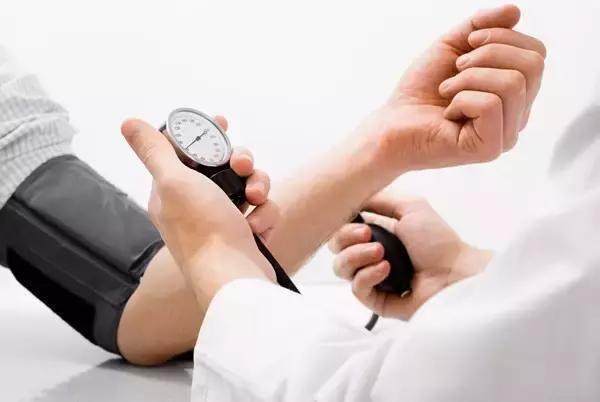Yesterday, there was a patient with hypertension, only 30 years old. He has been suffering from hypertension for 5 years and has been taking three types of antihypertensive medications, but the blood pressure control has been very poor. He has been taking Valsartan, Amlodipine, and a tablet of Betaloc. Despite taking these three medications, why is the antihypertensive effect not satisfactory? Before taking the medication, his systolic blood pressure could reach 170-180 mmHg, and diastolic blood pressure was around 110-120 mmHg. After taking the medication, the systolic blood pressure decreased to around 140 mmHg, while the diastolic pressure remained around 110 mmHg. Why is the blood pressure control still unsatisfactory even after taking three antihypertensive medications?
The doctor carefully analyzed the general situation of this patient and identified several characteristics: First, he is a young male with significant work stress as an individual business owner; Second, he frequently entertains clients and drinks alcohol more than five times a week for business reasons; Third, he smokes excessively, consuming over a pack to two packs of cigarettes daily; Fourth, he stays up late regularly, usually sleeping after midnight; Fifth, he snores at night and experiences noticeable episodes of breathing sleep apnea; Sixth, he engages in minimal physical activity and has no time for exercise.
Based on these six major characteristics, the doctor concluded that in cases like his, hypertension is entirely caused by an unhealthy lifestyle, a typical lifestyle disease.
This patient represents the majority of young hypertension cases currently. Many young hypertensive patients share similar circumstances.
The doctor pointed out a common misconception in the treatment of many patients. Merely taking medication seriously without adjusting other aspects of life, such as diet, drinking, and lifestyle habits, is fundamentally wrong. It is not that the medication is ineffective or not used properly; the key issue lies in the patients not making serious lifestyle changes, which is the most critical factor leading to poor medication efficacy.
Experts emphasize that in young people, hypertension is mainly characterized by elevated diastolic pressure, which is challenging to control. For treating diastolic hypertension, lifestyle adjustments are crucial and integral to cardiovascular disease treatment. Every hypertensive patient must strictly control their diet, especially promoting a low-salt, low-fat diet, quit smoking, reduce work and life stress, engage in appropriate physical exercise. Only with these changes and proper medication can one control blood pressure within the ideal range, reducing the occurrence of cardiovascular complications.


